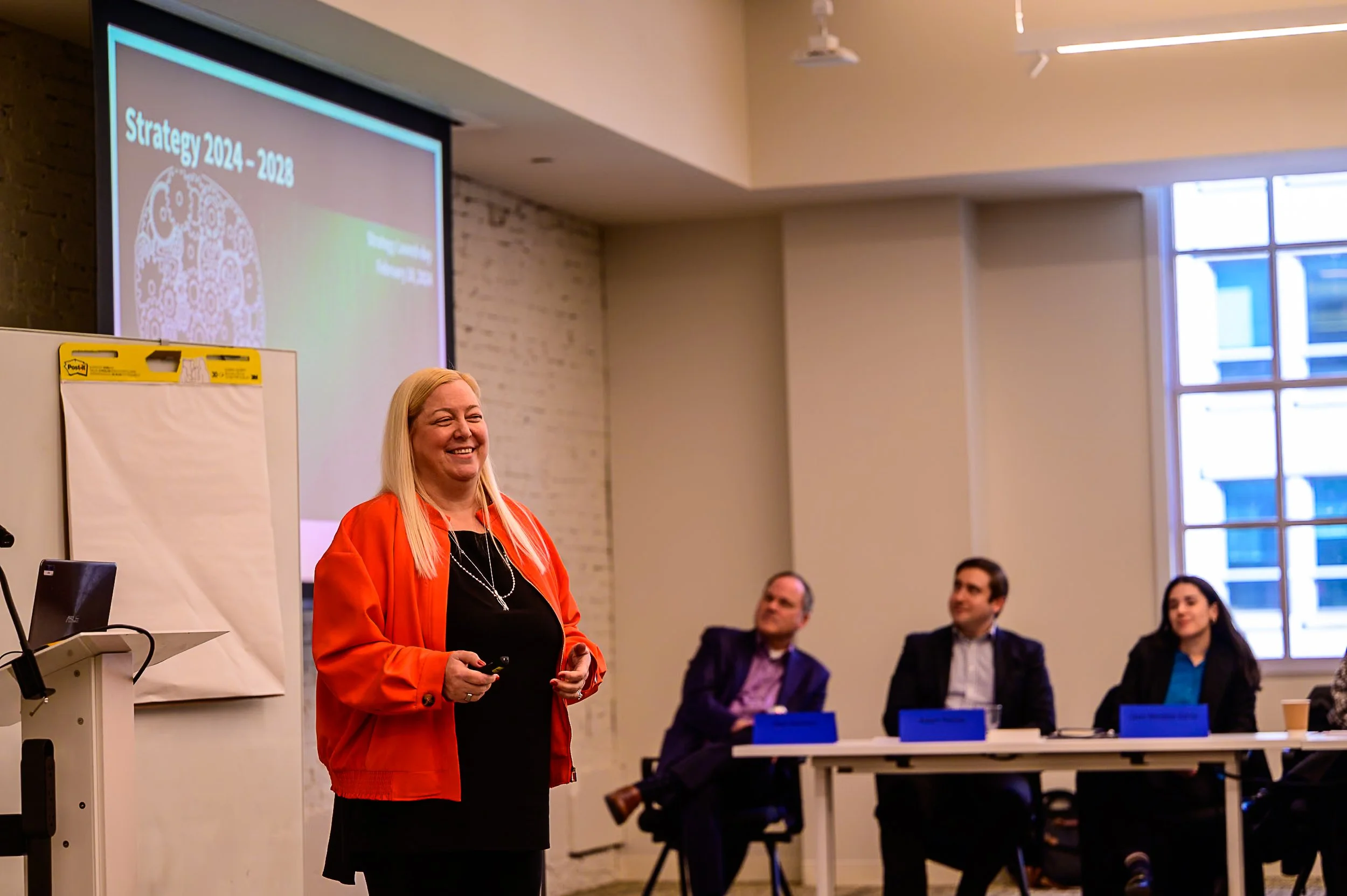
From Resistance to Acceptance: All Management is Change Management
Effectively navigating organizational changes within Federal agencies requires understanding the unique dynamics of the Federal context, strong leadership communication, culture development and stakeholder engagement and collaboration. Continuous evaluation and proactive management of resistance to change is important. By embracing strategic planning and innovation as well as fostering a culture of continuous learning and adaptability, Federal agencies can successfully manage change, deliver better outcomes, and meet the evolving needs of the nation.
Change is an inevitable force that shapes the trajectory of every organization, and Federal agencies are no exception. As these agencies strive to meet the evolving needs of the nation, effective change management becomes crucial. Successfully navigating organizational changes within the Federal context demands a deep understanding of the unique dynamics at play.
Federal agencies operate within a complex web of regulations, policies, and protocols that set them apart from other organizations. To navigate change effectively, it is imperative to comprehend the intricacies of the Federal context. This understanding ensures that all decisions align with legal and ethical guidelines, safeguarding the agency's integrity and reputation. Moreover, recognizing the bureaucratic nature of the Federal system can help leaders streamline processes, enabling quicker adaptation and implementation of changes.
Leadership plays a pivotal role in guiding an organization through change. In Federal agencies, leaders must communicate a vision for change clearly and effectively to all stakeholders. Transparent communication helps build trust that employees, partners, and the public are well-informed about the reasons for change and its expected outcomes.
Strategic planning and innovation go hand in hand with change management. By spending time on strategy and sponsoring innovation initiatives, Federal agencies can anticipate future challenges and devise creative solutions. These approaches, along with data analytics and visualization that tell the story of accomplishments, empower agencies to make informed decisions that align with long-term goals and allows their workforces to be ready for new and emerging trends and demands.
Effectively navigating organizational changes within Federal agencies requires a multi-faceted approach. By considering the unique dynamics of the Federal context, embracing strong leadership communication, fostering a culture of continuous learning and adaptability, and proactively managing resistance to change, Federal agencies can successfully manage change and deliver better outcomes for the nation. Embracing strategic planning and innovation further enables them to thrive and meet the evolving needs of the people they serve. Change may be a constant, but with the right strategies in place, Federal agencies can harness their power to pave the way for a brighter and more resilient future.





















